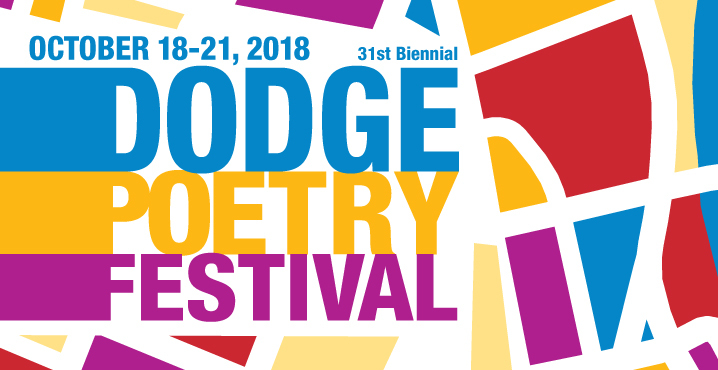It can be said that one of the most underappreciated forms of literature is poetry. It has thrived for centuries, originally as a form of epic
For the past 18 years, Mrs. Dougard has visited the Dodge Poetry Festival, a highly inspirational event that makes poetry reborn in the eyes of millenials. Now, she shares her appreciation of poetry to her students. In October, the creative writing class will be attending the Dodge Poetry Festival, which directly correlates with their current curriculum. In an interview with Mrs. Dougard, she explained the festival, the creative writing class and her genuine and raw love for literature, especially poetry.
Q: Your creative writing class is going to the Dodge Poetry Festival in October. Could you explain what the festival is?
A: The Dodge Poetry Festival is a biennial celebration of poetry, featuring poets from all across the country (even the world!) It is a weekend long celebration, but there is one day devoted to high school students and teachers.
Q: Have you ever been to the Dodge Poetry Festival before?
A: Yes, I have gone for the past 18 years.
Q: What do you hope your creative writing students will take away from this trip?
A: I hope they will be able to see and hear poetry in a different forum…..that they will truly see it as a celebration of words that aren’t stagnant on a page. It is SUCH a vibrant day, full of the most beautiful energy; it’s truly one of my favorite days of the year!
Q: How could attending the Dodge Poetry Festival change a student’s perspective about writing and poetry?
A: Oh, it is SO inspiring! So many students come to me afterward and thank me for introducing them to such a new experience and way of perceiving poetry. I’m so tired of hearing that poetry is a “dead art!” Whenever I hear someone say that I not only know he/she is ignorant, but also that he/she is lazy because if you put forth even an ounce of effort, you would see that poetry is VERY much ALIVE!
Q: Why did you decide to teach creative writing?
A: I was asked to take over the class for a teacher many years ago; it’s one of the best things that has happened to me in my teaching career because writing is what I am most passionate about.
Q: In regards to creative writing, what specific aspects of your teaching are you currently working to improve?
A: Hmmmmm, I could always do something better. I would like to conference with students for longer periods of time and more frequently; however, with increasing class sizes, that makes it extremely challenging.
Q: What is your own preferred learning style?
A: I love lecture! Hahaha – no, really, I do. I love to take lecture-based notes.
Q: In your opinion, what do you believe your students learn from you that you don’t explicitly teach in creative writing?
A: That it’s not only okay to make mistakes but that mistakes should be celebrated because life is messy, and sometimes writing is too! Also, we learn so much from each other and that we’re so much more alike than we are unalike.
Q: If I were a parent, why would I want to have my child in your class?
A:
Q: If you could say anything to a student who is contemplating choosing creative writing as an elective for next year, what would you say?
A: I would say this is the class for you if you want to share and improve upon your writing in a supportive environment. Also, you better love poetry because we write A LOT of it.
Within the creative writing class, students learn one of the most valuable forms of self expression and deepen their admiration for the timelessness of poetry. The creative writing class has only begun to understand how valuable this piece of literature is. Not only does it provide an outlet, but it provides a depth to certain memories or ideas in a person’s life, making it unapologetically real and honest to its readers. With the increasing involvement of poetry, the student body at Rutherford High School is evolving into a place where expression is collectively valued and respected. As it travels throughout the school, student to student, we will be able to see the effects of poetry first hand. We will learn to develop an appreciation for poetry, our classmates and ourselves one stanza at a time.
Credits:
Photo: NJPAC
